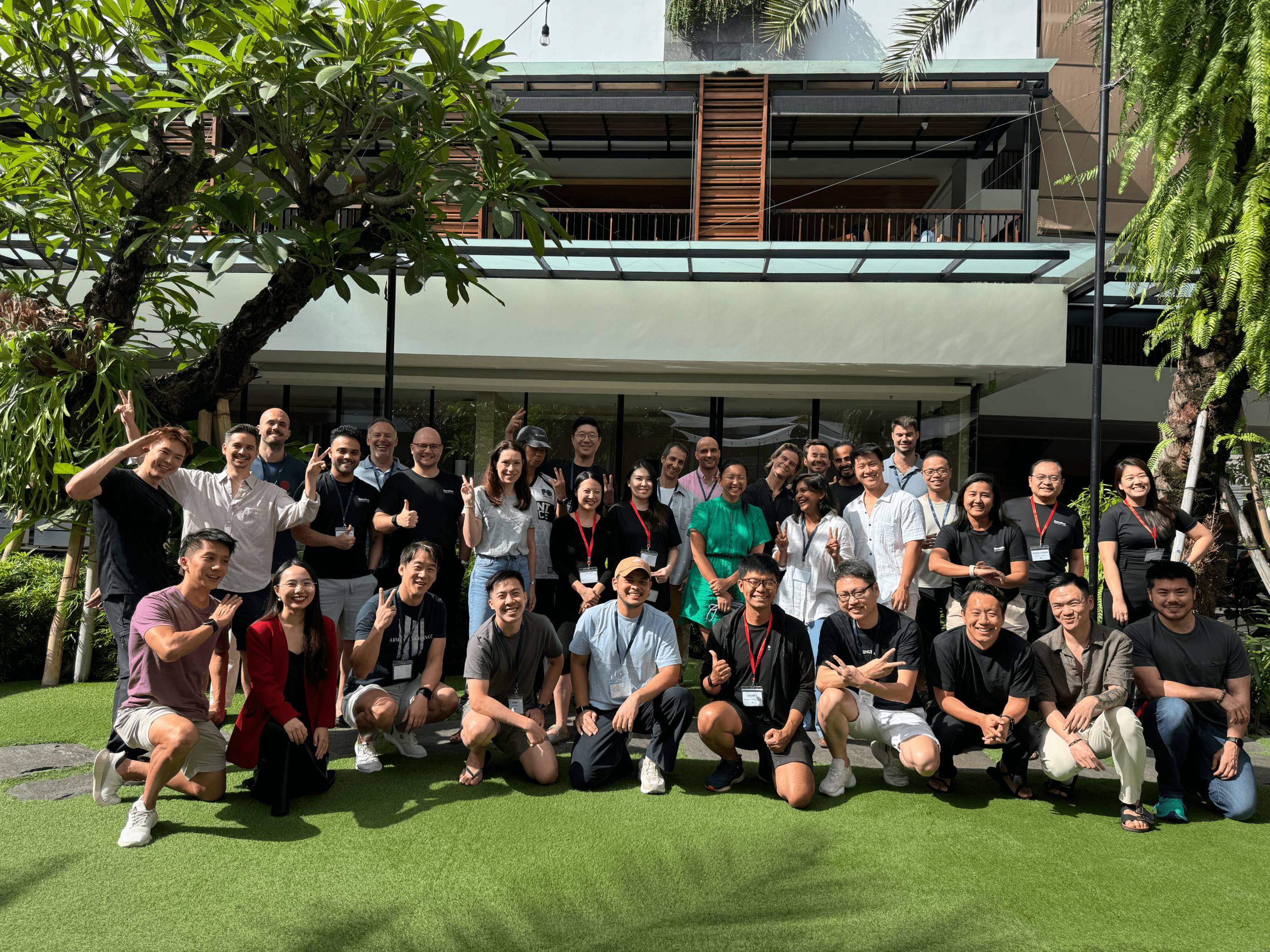Maybe the most common question I get is what do we look for when deciding to invest in startups? The answer is surprisingly simple at high level but exceedingly nuanced in practice. At a high level, we (and I suspect every investors) wants to invest (1) in a startup working on an important problem and (2) in founders who can solve that problem. The question then becomes how do you assess each of those things? This is the first part of a two part series answering that. I'll start by discussing how we look for in founders.
1. Does What They Say They’re Going to Do
Often people will call this execution but I find that term to imprecise. What does it mean to be great at execution? My definition is simple, you are great at execution if you consistently do what you say you're going to do. If you say you're going to launch X feature by next week, you launch X next week. You say you're going to grow 10x in the next 3 months, you grow 10x in 3 months.
I can't overemphasize the consistent part of this. Lots of people can do what they say once in a while or for a short period of time. Very few people can do it consistently over years. I could, and probably should, write an entire post on how to do this but I'll save the suspense. There's no secret trick. People who do what they say consistently aren't better at setting expectations, they don't encounter less problems than other people, etc. They just get it done. They think carefully before they make a commitment, have a good plan on how they're going to achieve it and when they run into problems, they do the math and find a solution.
2. Convincing
Most founders become founders because they want to build something or solve a problem. What they quickly realize is, to build or solve that problem, they spend most of their time convincing various people of various things. They need to convince users to use a product they’ve never heard of before. They need to convince people to leave their cushy jobs to join their wildly risky startup. They need to convince investors to invest in their startup that does something nobody has ever done before.
If a founder is not convincing, it will be almost impossible to build or solve the problem they're working on.
Note: It's important to note that I chose the word convincing and not charismatic. Most people think founders need to be charismatic but I disagree. Being charismatic is one way to be convincing but in my opinion, not the most effective. For example, I find that being someone who does what they say they're going to do is a far more effective way of being convincing.
3. Internally Motivated
We believe founders who are internally motivated (care about solving the problem, opportunity to learn, etc.) are more resilient than those that are externally motivated ($, being famous, etc.). Why? Being internally motivated makes you result independent.
The process of building a start is tumultuous. The lows are lower than the highs are high and you spend considerably more time feeling like your startup is going to fail than succeed. That also means if you're externally motivated you're going to spend more time feeling like you're not going to get what you want out of starting a startup. You're going to quit.
If you're internally motivated, you won't be bothered too much. If you started a startup to solve a problem or the opportunity to learn, those things will always be true, regardless of how it's going, as long as you don't quit. When things get really bad, and they're going to get really bad, that's what you're going to need to keep going.
Those are the 3 things we look for in founders. It's important to note that these qualities are required but not sufficient to be successful. It's not uncommon for someone who consistently does what they say they are going to do, is convincing and is internally motivated but fails. Almost always it's because of the choice of problem they decided to work on. That's what we'll cover in the next post.
This article first appeared in Hsu Ken's blog.




![Iterative Scale Program [Closed]](https://cdn.prod.website-files.com/60b1bd0542d31f694712f8ec/68d4bfcb752be73c1412db48_neom-85ey1vFIwkc-unsplash.jpg)



